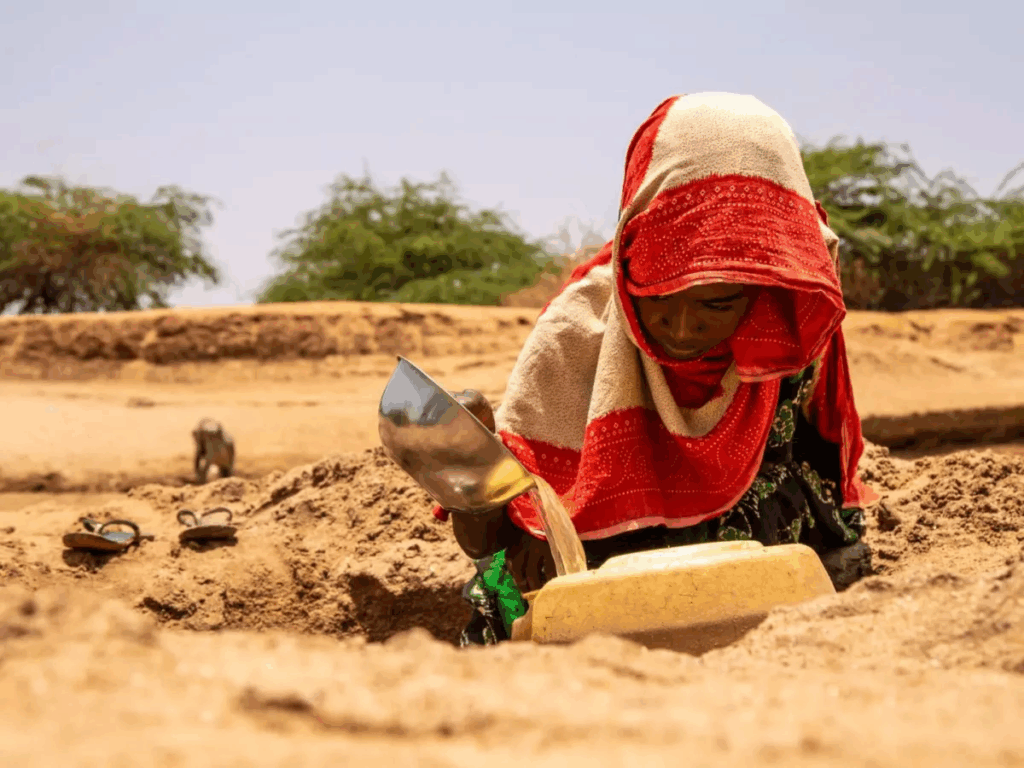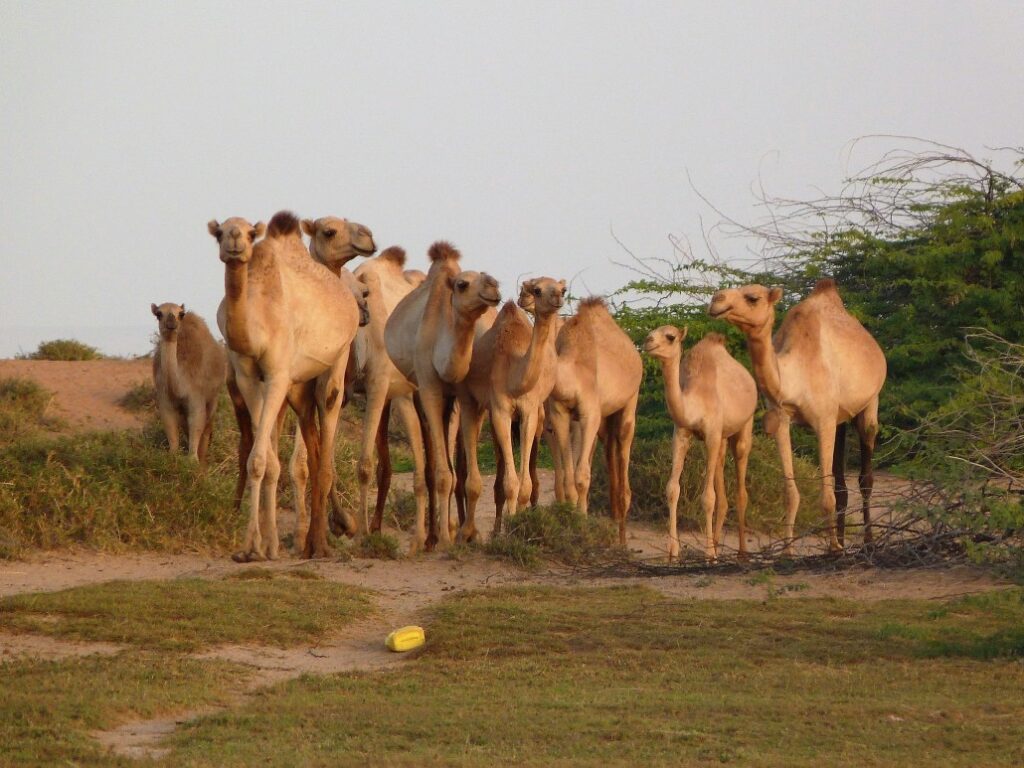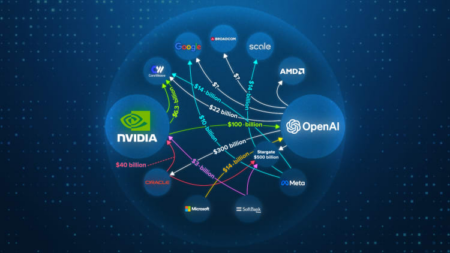Somalia livestock sector plays a vital role in the nation’s economy, contributing significantly to food security, poverty reduction, and the livelihoods of rural communities.
With livestock such as camels, goats, cattle, and sheep forming the backbone of Somali agriculture, the sector also serves as a critical source of export revenue.
Somalia Livestock Sector: An Engine of Rural Livelihoods and Economic Growth
Somalia’s rural populations depend heavily on livestock for income, nutrition, and employment.
The sector offers significant potential for growth through increased meat, milk, and animal product exports.
However, this potential remains underutilized due to a range of structural and environmental challenges.
Key Challenges Facing Somalia Livestock Sector:
Despite its importance, the livestock industry in Somalia faces multiple obstacles, including:
- Poor infrastructure and weak market systems
- Recurrent droughts and climate-related disruptions
- Inadequate animal feed production
- Lack of coordination across the value chain
- Inefficiencies in livestock aggregation, processing, and trade
These issues hinder the sector’s ability to contribute fully to the national economy and to enhance food systems resilience.
WFP Role in Transforming Somalia Livestock Systems
The World Food Programme (WFP) is committed to building climate-resilient and sustainable food systems across Somalia.
One of its key strategies involves improving the livestock value chain — the series of steps that take a product from production to consumption, each stage adding economic value.
In Somalia, better coordination and modernization of value chains for camels, cattle, goats, and sheep is essential.
This includes:
- Production and care of animals
- Aggregation and slaughtering
- Processing of meat, milk, ghee, and other animal products
- Market access, pricing systems, and trade routes
- Export facilitation and domestic distribution

Strategic Approach: Enhancing the Livestock Value Chain
A deep understanding of the livestock value chain dynamics is crucial for making informed policy and investment decisions.
Improving the systems that connect producers, traders, processors, and exporters can lead to more inclusive, efficient, and sustainable livestock markets.
A Path to Economic Transformation
This consultancy project aims to identify practical, data-driven solutions to boost Somalia livestock sector, optimize value chains, and unlock new economic opportunities.
A well-functioning livestock system can enhance Somalia’s national economy, improve resilience to climate shocks, and secure better futures for millions of Somali families.








